Our research faculty are nationally recognized throughout peer academic institutions of higher learning. These faculty members research range in the following:
- developing innovative student learning
- human rights
- workforce development
- sustainable energy systems
- disaggregating data
- optimizing academic pathways
Participating Faculty
Below are the participating College of Engineering faculty for the Engineering Educatin, Ph.D. Program. These faculty members provide a unique learning experience, opportunities for self-growth and intellectual development to help foster an environment conducive to the exchange of innovative ideas.
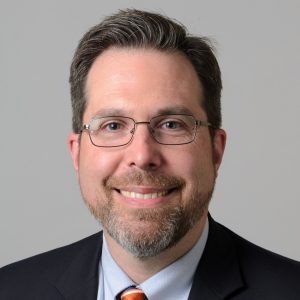
Daniel Burkey, Ph.D.
Dr. Burkey’s engineering education research focuses on developing innovative instructional strategies to enhance student learning in chemical engineering, particularly in the areas of process safety, professional ethics, and student engagement. He leads the Engineering Education Research Laboratory at the University of Connecticut, where his team designs and evaluates game-based learning tools and scenario-driven simulations that immerse students in realistic engineering challenges. These educational interventions aim to improve students’ decision-making skills and deepen their understanding of complex technical and ethical concepts. Dr. Burkey’s work includes the development of interactive modules that integrate process safety principles into core engineering curricula, as well as assessments that measure the impact of these tools on student performance and ethical reasoning. His research spans undergraduate education and contributes to the advancement of pedagogical practices in engineering programs.
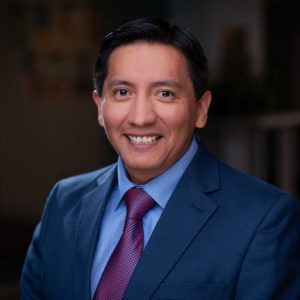
Davis Chacon-Hurtado, Ph.D.
Dr. Chacon-Hurtado’s research in Engineering Education focuses on integrating human rights, ethics, and lived experiences into engineering curricula to better prepare students for tackling complex socio-technical challenges. Drawing on his background in civil engineering and experiences in the Andean region of Peru, he explores how interdisciplinary and rights-based approaches can deepen students’ critical thinking, sense of responsibility, and holistic perspectives in engineering design. He investigates how human rights-informed engineering can align with resilience, reliability, economic development, and inclusive practices to shape ethical and sustainable solutions. His work includes developing theoretical models for integrating human rights into engineering and assessing educational frameworks, tools, and learning environments that empower students to see themselves as active contributors to addressing pressing societal issues.
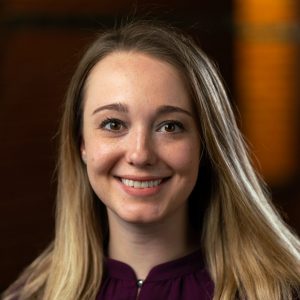
Alexandra Hain, Ph.D.
Dr. Hain’s engineering education research centers on workforce development for the naval and broader defense sectors, with a focus on building strong academic-to-career pipelines through innovative, research-based programming. She has led and is currently leading several major initiatives, including the ANCHOR (Advancing Naval Careers through Higher Education Outreach and Research) contract and a Department of Defense National Defense Education Program (DoD NDEP) grant—both aimed at strengthening connections between academia and the regional naval community. These efforts span K–12 through graduate education, with academic year and summer programs designed to engage students at every stage and align with defense-related STEM priorities.
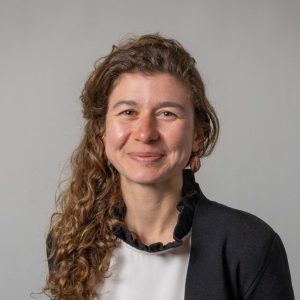
Desen Özkan, Ph.D.
Dr. Özkan researches sustainable energy systems, sociotechnical engineering education, and offshore wind energy, with a specific focus on knowledge-power relations in complex sociotechnical systems. She is a co-founder of UConn’s Engineering Education Ph.D. program, teaching the core courses as well as in UConn’s engineering and human rights initiative. Her current projects include research on crossdisciplinary students’ sociotechnical framings in their energy transition discourse and engineering decision-making around different definitions of risk. She has been funded by Brown University’s Climate Social Science Network (CSSN) to examine mechanisms of risk and decision-making in a U.S. state-focused study on offshore wind development. Dr. Özkan serves as a member of Connecticut’s Department of Energy and Environmental Protection (DEEP) Advisory Council for Equity and Environmental Justice (CEEJAC) for energy and technology. She holds an affiliate faculty position in the Department of Curriculum and Instruction at the Neag School of Education.
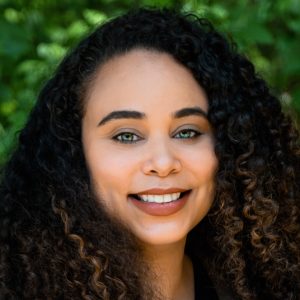
Stephany Santos, Ph.D.
Dr. Santos’s research interests are rooted in a desire to contribute to a world where every student who aspires to be an engineer can do so in dignity affirming ways. Throughout a journey of studying engineering (or STEM), various factors shape the development of one’s engineering and leadership identities, as well as their ability to thrive rather than merely survive. These interests are deeply informed by her own experiences as both an undergraduate and graduate engineering student, as well as by the work in the Vergnano Institute. Our research uses mixed methods and intentionally considers identity, lived experience, environment, and the complex intersections among them. We focus on disaggregating data, and honoring individual uniqueness, and we examine how people develop and leverage cultural capital and networks—locally, globally, and glocally.
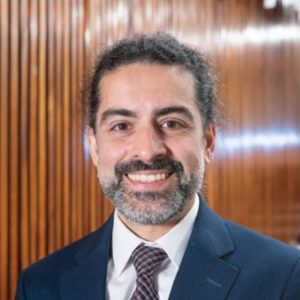
Arash Zaghi, Ph.D.
Dr. Zaghi’s research in engineering education focuses on optimizing academic pathways for students with neurodiverse cognitive profiles, with the goal of enhancing innovation and problem-solving capacity in the engineering workforce. His work emphasizes the alignment of educational environments with the unique cognitive strengths often associated with neurodivergence—such as nonlinear thinking and creativity—particularly in fields that benefit from unconventional approaches to complex challenges. He leads several major research efforts, including an NSF-funded initiative aimed at redesigning engineering coursework and mentoring strategies to better support students with attention-related and learning differences. These programs span undergraduate and graduate education and are designed to strengthen student engagement, retention, and performance in rigorous technical disciplines.
Questions?
Do you have questions on the Engineering Education, Ph.D. Program? Do want to learn more on how you can participate in the Engineering Education, Ph.D. Program? Please contact us, we want to hear from you and discuss how we can help you.